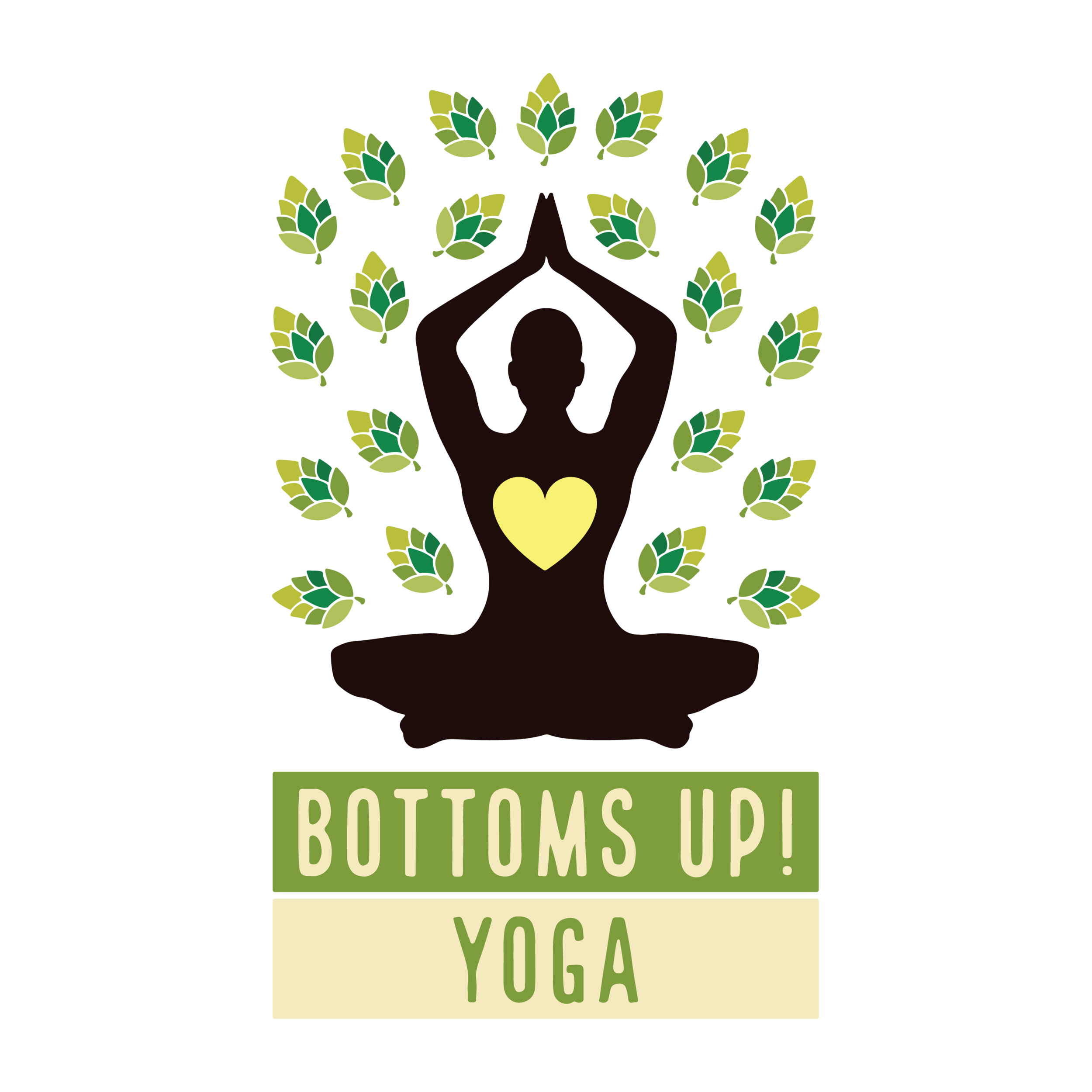How to Use Your Passion for Health to Advocate for Others in Your Community
You don’t need a medical degree to be a force for health. In fact, some of the most lasting health improvements in communities come from everyday people who care deeply and act boldly. Whether you’ve witnessed inequality in care, struggled with access to resources, or simply want to help neighbors thrive, your personal commitment to health can become a powerful catalyst. The question isn’t whether you’re qualified — it’s how you’ll move. From organizing local efforts to influencing policy, the avenues are many and surprisingly accessible.
Tell Stories That Humanize, Not Just Inform
People move toward health change when they feel — not just when they know. That’s why sharing your personal experience or spotlighting someone else’s matters. Health advocacy starts with real lives, real stakes. If you’ve watched a friend struggle to afford insulin or seen how fresh food transformed someone’s energy, talk about it. Personal narratives break through information fatigue and make problems visible. But don’t sensationalize. Instead, highlight individual stories with compassion to prompt empathy and engagement. This kind of storytelling builds bridges, creating shared space for concern and action.
Start With Structure So You Can Sustain Impact
Turning passion into lasting change means thinking beyond the moment. If you’re leading initiatives or coordinating volunteers, eventually you’ll want legal protections, funding pathways, and organizational clarity. That’s where formalization helps. You can start your own health initiative through services like ZenBusiness that simplify incorporation, help you file for nonprofit status, and manage paperwork. This doesn’t make your effort less grassroots — it makes it resilient. Structure is scaffolding, not bureaucracy, when done with care.
Create Small, Local Movements That Grow
You don’t need a coalition or a nonprofit to get started. Begin with one conversation, one sidewalk sign, one food drive. Then invite others in. Host a monthly walk focused on stress relief. Organize community events and town halls that let people talk about what they’re facing. Set up a free CPR class or distribute flyers on mental health resources. Simple, repeated local actions turn into movements. Over time, they create collective memory — and with it, pressure for systems to shift. Grassroots isn’t scrappy — it’s strategic.
Collaborate With Trusted Networks and Research Hubs
Lonely advocacy burns out fast. Join existing efforts when possible — school health committees, parent advisory boards, food cooperatives, mutual aid groups. These networks have history, relationships, and often a louder mic. If you’re data-minded, consider connecting with local universities conducting community-based health research. You can work with community-based research initiatives to help shape studies and ensure that lived experience isn’t sidelined by sterile data. Being part of something larger not only extends your reach — it protects your energy.
Vote Like Health Depends on It (Because It Does)
From mask mandates to Medicaid expansion, public health is decided in city halls and ballot boxes. But the link between civic action and community health often goes unspoken. You can use civic participation to improve health — not just by voting, but by speaking during public comment sessions, writing to your councilmember, or helping others register. Consider running for a local board that influences school nutrition or zoning laws. Civic engagement isn’t just patriotic — it’s life-saving when applied to public well-being.
Ground Efforts in Mutual Aid, Not Just Charity
Sometimes helping others looks like passing out flyers. Sometimes it’s dropping off groceries or giving someone a ride to a clinic. Mutual aid — unlike top-down charity — is horizontal: based on solidarity, not saviorism. You don’t just give; you build trust, share resources, and participate in mutual aid community efforts that meet people where they are. In many neighborhoods, these informal networks are the primary safety net. They often fill gaps left by sluggish institutions. If you want to help, ask what’s already happening — then show up, consistently.
You care about health because you’ve seen what happens without it — in your family, your block, your city. That care is enough to start. Advocacy doesn’t begin with credentials. It begins with attention.
Elevate your yoga experience with Bottoms Up! Yoga, where community, fitness, and fun come together in Cleveland, Columbus, and Toledo—join us for unique classes and events that blend mindful movement with local flavor!
To get more motivation like this and more, sign up to our email for updates, new blogs, features, and more. Be sure to check your inbox after signing up to confirm your email.

